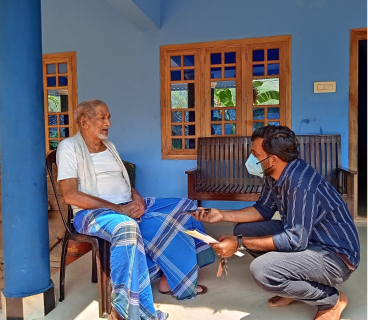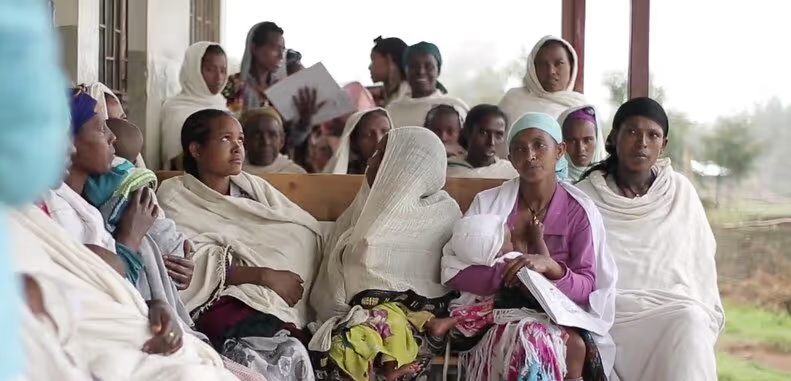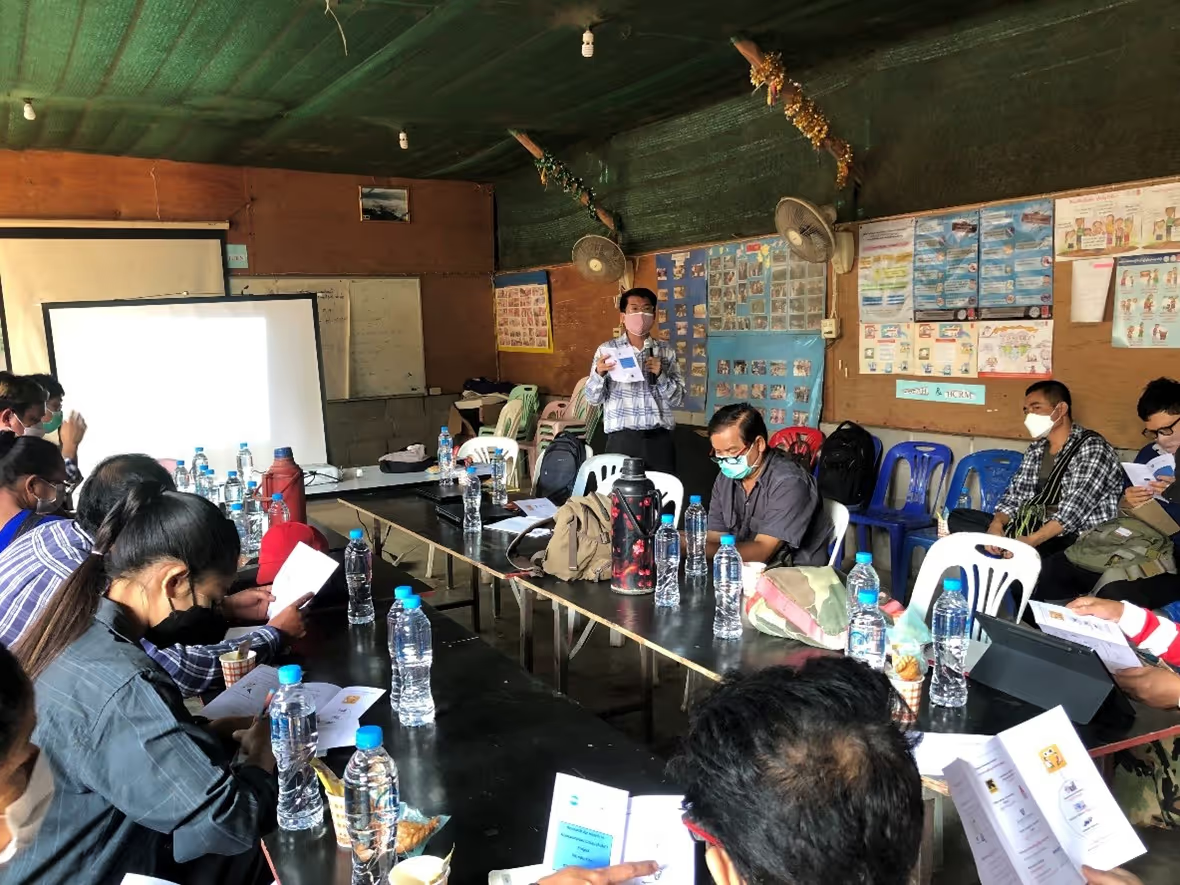Non-communicable diseases
Non-communicable diseases (NCDs) pose a significant threat to the health and well-being of populations affected by humanitarian crises. NCDs cause 74% of global mortality, and this is even higher in countries experiencing crisis.
Why this focus area?
Non-communicable diseases (NCDs) are the leading cause of morbidity and mortality worldwide, with a particularly high burden in humanitarian settings. Despite this, NCDs have received limited attention in humanitarian response efforts.
From cardiovascular diseases to diabetes, these conditions exacerbate existing vulnerabilities and increase the strain on already overburdened healthcare systems. The ability to respond to chronic disease in both acute and long-term crisis settings is not well established, with access to care often inadequate and frequently disrupted. NCDs are often deprioritised due to limited resources and competing priorities.
In February 2024 a High-Level Technical Meeting on NCDs in Humanitarian Settings was convened by WHO and UNHCR. This meeting reflected a global commitment to addressing the needs of people with NCDs during crises and aimed to strengthen the integration of NCDs in humanitarian responses. Read our blog reflecting on this event.
Our work
The first Humanitarian Health Evidence Review (HHER), commissioned by Elrha and conducted in 2013, identified a scarcity of evidence related to the effectiveness of NCD interventions in humanitarian settings. The 2021 update to the HHER confirmed that while humanitarian NCD research outputs had grown, the evidence-base on interventions in this area remains extremely limited.
Since 2014, Elrha has contributed to strengthening the evidence base by funding numerous studies using rigorous research methods to address the high burden of NCDs in humanitarian settings.
Our approach
Our work addresses three critical problems for NCDs in humanitarian settings:
1.
The lack of a consensus based NCD research agenda that reflects the priorities of humanitarian practitioners, policy-makers and researchers.
2.
The paucity of evidence-based interventions to address the needs of people living with NCDs in humanitarian settings.
3.
The lack of evidence on the effectiveness of NCD interventions.
Setting the Research Agenda
In 2022 we funded the development of a consensus-based ten-year research agenda for NCDs in humanitarian settings. This project was conducted by the International Rescue Committee and the American University of Beirut, guided by a Steering Committee comprising NCD technical experts, researchers and practitioners. Forty-three research questions were developed and prioritised following a multi-stage consultation with researchers, health practitioners and policymakers.
To narrow the research focus, the priority setting focused on cardio-metabolic syndrome (CMS) – a leading contributor to morbidity and mortality in humanitarian settings. CMS is a cluster of NCD conditions that occur concurrently, placing significant stress on individuals, families, communities, and the healthcare system.
Research Priorities for Non-Communicable Diseases in Humanitarian Crises: Focus on Cardio-Metabolic Syndrome
We commissioned this prioritisation exercise to establish a research agenda for the next ten years.
Non-Communicable Diseases in Humanitarian Contexts: What Do We Need to Know?
This blog explores the key takeaways from the launch event of our research prioritisation report where we brought together experts representing the research, practice and patient communities for NCDs in humanitarian settings.
What we fund in NCD
Explore the groundbreaking projects that Elrha supports across the globe. From health innovations to disaster risk reduction, our funding drives impactful solutions in humanitarian contexts.
Image credits
- Image courtesy of [Photographer/Artist Name]
- Image courtesy of [Photographer/Artist Name]



